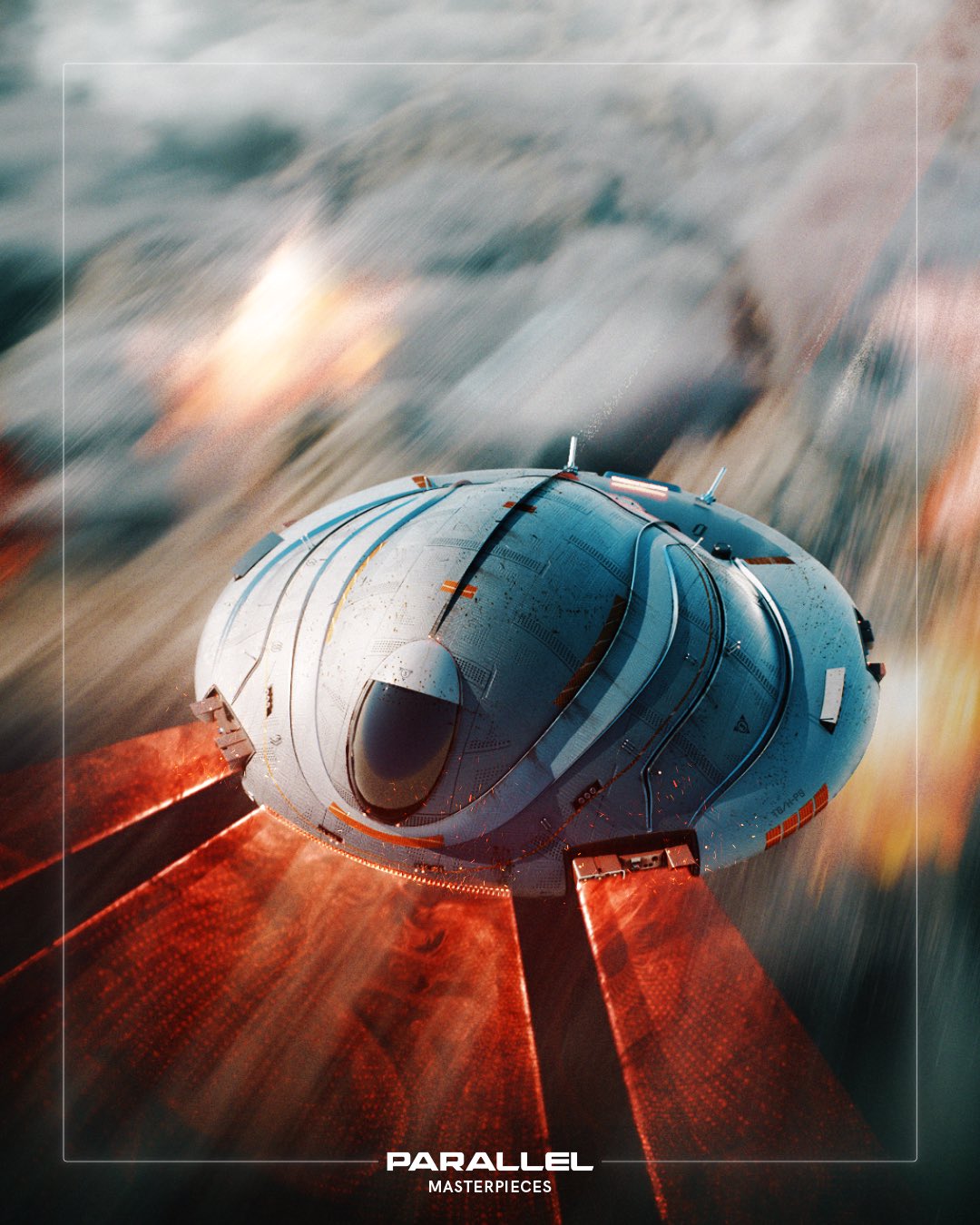
What are Blockchain Oracles?

Blockchain technology has revolutionized various industries, including finance, global trade, insurance, gaming, and more.
With the potential for trillions of dollars worth of assets moving on the chain, it has become crucial to connect blockchains to the real world. This is where blockchain oracles come into play.
In this article, we will explore the concept of blockchain oracles, their significance in the creation of the verifiable web, and the various types of oracles used in different applications.
Understanding Blockchain Oracles
Blockchain oracles serve as intermediaries that connect blockchains to external systems, enabling smart contracts to execute based on real-world inputs and outputs. By bridging the gap between on-chain and off-chain data and compute, oracles facilitate the creation of hybrid smart contracts, which combine on-chain code with off-chain infrastructure. This allows decentralized applications (dApps) to react to real-world events and interoperate with traditional systems.

The Oracle Problem and its Solution
Smart contracts, by themselves, cannot interact with data and systems existing outside their native blockchain environment. This presents a fundamental limitation known as the "oracle problem."
To securely integrate off-chain systems with blockchains, an additional piece of infrastructure is required, which we call an "oracle." Oracles enable blockchains to access real-world data and events, expanding the possibilities for digital agreements supported by smart contracts.
Decentralized Oracles: Ensuring Reliability and Security
While centralized oracles introduce a single point of failure, decentralized oracles eliminate this risk by combining multiple independent oracle node operators and reliable data sources. This approach, known as a Decentralized Oracle Network (DON), establishes end-to-end decentralization, preventing data manipulation, inaccuracy, and downtime. Decentralized oracles are crucial for smart contract applications, as they provide reliable and secure data inputs, ensuring the correct execution of agreements.
Types of Blockchain Oracles
Blockchain oracles come in various types, each serving different purposes and addressing specific needs. Let's explore some of the most common types of oracles used in blockchain applications:
Input Oracles: Fetching Real-World Data
Input oracles fetch data from the real world and deliver it onto the blockchain for smart contract consumption. These oracles are essential for applications that require access to real-time data, such as price feeds for decentralized finance (DeFi) platforms. By providing on-chain access to financial market data, input oracles enable smart contracts to make informed decisions based on real-world information.

Output Oracles: Triggering Actions in the Real World
Output oracles allow smart contracts to send commands to off-chain systems, triggering them to execute specific actions. For example, an output oracle can inform a banking network to make a payment or instruct an IoT system to unlock a car door after an on-chain rental payment is made. By enabling smart contracts to interact with the real world, output oracles expand the functionality and use cases of blockchain applications.
Cross-Chain Oracles: Enabling Interoperability
Cross-chain oracles facilitate the exchange of information and assets between different blockchains. They enable interoperability by allowing data and assets to move seamlessly between blockchains. For example, cross-chain oracles can use data from one blockchain to trigger an action on another blockchain or bridge assets across different chains. This enhances the flexibility and scalability of blockchain technology.
Compute-Enabled Oracles: Performing Complex Computations
Compute-enabled oracles leverage secure off-chain computation to provide decentralized services that are impractical to perform on-chain. They enable smart contracts to execute complex computations, generate verifiable randomness, or trigger predefined events based on external conditions. Compute-enabled oracles enhance the capabilities of smart contract applications, enabling them to perform advanced functions efficiently.
Ensuring Oracle Reputation and Reliability
Choosing the right oracle service provider is crucial for the reliability and security of smart contract applications.
Reputation frameworks provide transparency into the accuracy and reliability of each oracle network and individual oracle node operator. Users and developers can analyze the historical performance of oracles, assessing their track record and making informed decisions about which oracles to trust.
Oracle service providers can build their reputation based on their historical performance and off-chain business reputation, offering users additional guarantees of reliability.
Companies currently providing oracle services across the Web3 industry include:
Chainlink
Chainlink stands as a pioneering decentralized oracle network that forms a crucial link between smart contracts and real-world data. It grants secure access to external data sources and APIs, enabling developers to create dynamic and powerful applications. Chainlink's extensive offerings, such as data and price feeds and random number generators, are integral in various sectors including finance, gaming, and insurance.
Switchboard
Switchboard enhances Web3 development with a versatile array of data feeds, functionalities, and verifiable random sources. Its robust infrastructure allows developers to build scalable, event-driven applications with ease, bypassing the intricacies of server management. Widely trusted by top development teams, Switchboard plays a vital role in numerous protocols across different blockchains, solidifying its position in the Web3 landscape.
Gora
Gora utilizes Proof of Stake technology to fortify its blockchain oracle network. This approach enables seamless integration of real-world data with decentralized applications, offering a powerful tool for individuals and organizations. Gora's solutions ensure secure and efficient data transmission, supporting the evolution of innovative applications in various sectors.
Flare
Flare distinguishes itself as an EVM-compatible layer 1 blockchain with a focus on secure and consistent data accessibility. Its unique offerings, the Flare Time Series Oracle (FTSO) and the State Connector, allow developers to effortlessly integrate data from the real world and other blockchains into decentralized applications. Flare's combination of scalability, eco-friendliness, and a unique consensus mechanism marks it as an emerging platform for developing advanced dApps.
Stork
Stork is a key player in DeFi, offering high-speed, dependable real-time price feeds. It provides a broad selection of feeds, including tailored options and custom calculations, to support diverse applications. Its compatibility with multiple blockchains ensures smooth integration, particularly for applications operating across various chains.
Real-World Use Cases for Blockchain Oracles
Blockchain oracles enable the development of advanced decentralized applications across a wide range of industries. Let's explore some of the most prominent use cases:
Decentralized Finance (DeFi)
Decentralized finance (DeFi) relies heavily on oracles to access financial data for smart contracts. Price oracles, in particular, play a crucial role in determining borrowing capacity, checking collateralization levels, and facilitating asset value pegging in decentralized money markets and synthetic asset platforms. Price oracles ensure accurate and up-to-date financial information, enabling secure and efficient DeFi transactions.
Dynamic NFTs and Gaming
Oracles enable the creation of dynamic non-fungible tokens (NFTs) that can change based on external events. They provide the necessary data and computation to assign randomized traits to NFTs, create engaging gameplay experiences, and generate verifiable randomness for fair distribution of rewards. Oracles enhance the functionality and interactivity of NFTs, opening up new possibilities for gaming and digital art.

Insurance
Insurance smart contracts rely on oracles to verify insurable events and process claims. Oracles provide access to various data sources, including physical sensors, web APIs, satellite imagery, and legal data, to determine the occurrence of insurable events accurately. Output oracles can also facilitate the payout process by triggering actions on other blockchains or traditional payment networks.
Enterprise Solutions
Cross-chain oracles offer enterprises a secure blockchain middleware, allowing them to connect their backend systems to any blockchain network. This enables seamless integration and data exchange between enterprise systems and blockchains. Enterprises can quickly join high-demand blockchains and provide smart contract services to their users without extensive development efforts.
Sustainability Initiatives
Oracles play a critical role in supporting sustainability initiatives by providing environmental data to smart contracts. By integrating sensor readings, satellite imagery, and advanced machine learning computation, oracles enable smart contracts to incentivize green practices, reward reforestation efforts, and promote conscious consumption. Oracles contribute to the development of blockchain-based solutions to address climate change and environmental challenges.
The Pivotal Role of Blockchain Oracles in Bridging Digital and Real-World Domains
Blockchain oracles serve as the bridge between blockchains and the real world, enabling smart contracts to access and interact with off-chain data and systems. Decentralized oracles ensure reliability, security, and transparency, eliminating single points of failure and manipulation risks.
With different types of oracles available, blockchain applications can leverage real-world data, trigger actions, achieve interoperability, and perform complex computations. As blockchain technology continues to evolve, oracles will play a crucial role in expanding the capabilities and use cases of decentralized applications.
The views and opinions expressed here are for entertainment purposes only and should, in no way, be interpreted as financial or investment advice. Always conduct your own research when making an investment or trading decision, as each such move involves risk. The team members behind Triana are not financial advisors and do not claim to be qualified to convey information or advice that a registered financial advisor would convey to clients as guidance. Nothing contained in this e-mail/article constitutes, or shall be construed as, an offering of financial instruments, investment advice, or recommendations of an investment strategy. If you are seeking financial advice, find a professional who is right for you.
















